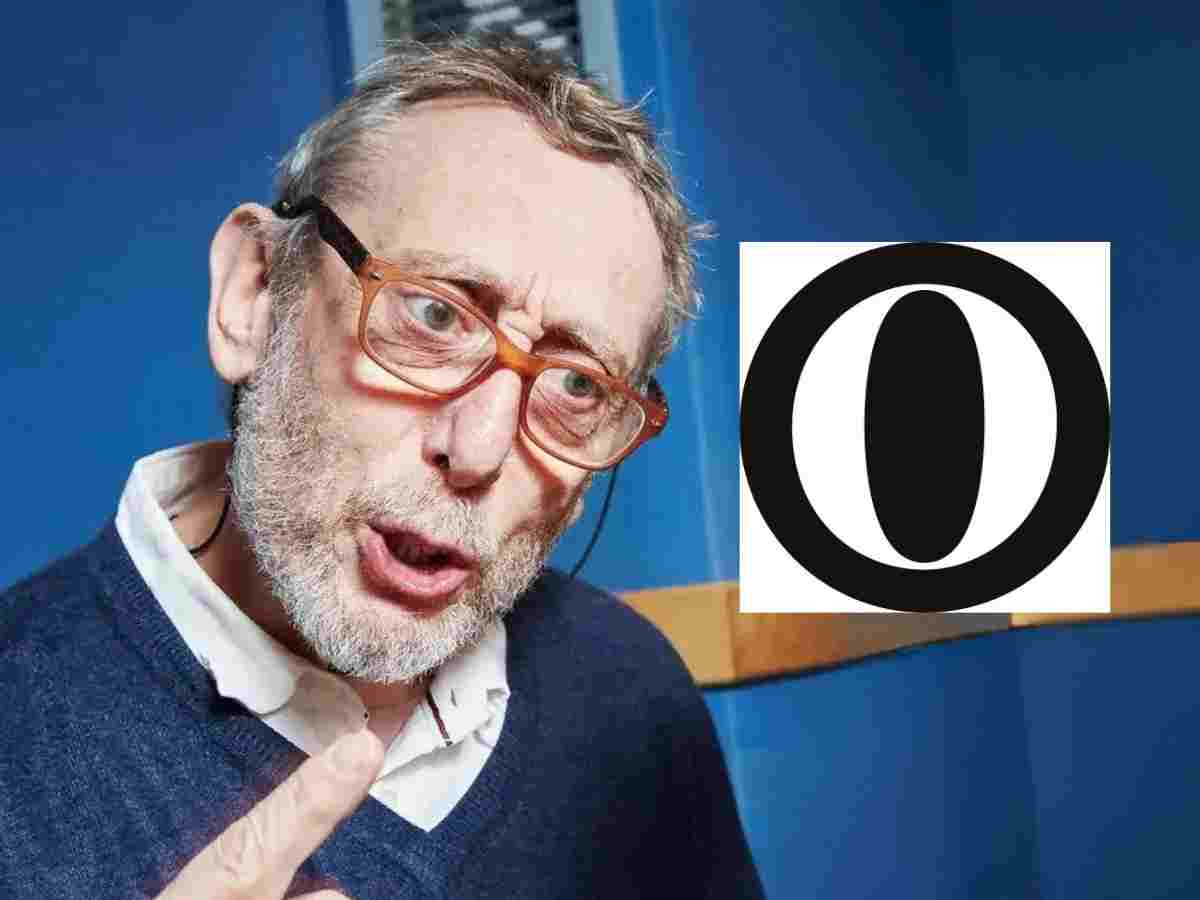Award-winning author Michael Rosen is a national treasure. But there was one recent message from him about Gaza that the Observer apparently chose not to print. So we will.
Despite Rosen having written for the Guardian countless times, its Sunday sister outlet seemingly opted not to publish the Jewish author’s message. This is probably because it was a “bitterly, unbearably, heavily ironic” response to genocide apologist Howard Jacobson’s controversial recent article for the paper. Jacobson had essentially smeared as antisemites people who focused on Israel’s murder of almost 17,000 children in Gaza in the last year. The media, he suggested, somehow risked increasing antisemitism by showing the suffering of Palestinian children too often.
Rosen used irony to challenge the absurdity of Jacobson’s Observer argument. He insisted that Jacobson was “short on suggestions” of how to counter potential antisemitism as a result of the broadcasting of Israel’s genocide in Gaza. However, he stressed:
Fortunately, the Israeli authorities have done all they can to help: they keep the world’s press photographers out of Gaza, but more work is needed. Surely, it should be to ban all images of dead and maimed Palestinian children, for only then can we western Jews be safe.
https://x.com/MichaelRosenYes/status/1847930109740662841
Michael Rosen: the lessons of the Holocaust
Michael Rosen has long helped to educate children and adults alike about the horrors of the Holocaust, and the dangers of antisemitism.
In his book Getting Better, he reflects on how his family dealt with losing relatives during the Holocaust, and how he came to learn more about it. He wanted to know (p28):
How had this happened – scientific, industrialised genocide – in the core of Western civilisation?
Speaking about attending commemorations in Paris for the Jewish people in France that the Nazis and their collaborators had sent to extermination camps, he said he “read out the names of my father’s uncles and aunt”. But he also had to continue reading names until the next relative at the ceremony could take over. This meant reading out “the names of children as young as five”.
The previous silence of Rosen’s family members about what had happened to their relatives had made him feel uncomfortable. In a way, he insisted, it was as if the Nazis had succeeded in their project “not only to exterminate but to drive the memory that we existed out of European history”. However, by dedicating his time to “retrieving lists, edicts and reports out of archives”, he said, “I had defeated that aim”.
Maybe this is part of the reason why he believes in openly documenting modern war crimes. Because in Gaza, the brave accounts of local people, journalists, doctors, and aid workers are making it impossible to forget what the Israeli occupation forces have been doing there since October 2023 (and long before). And they will provide essential evidence if the war criminals ever face justice after the genocide ends.
Documenting and opposing genocide
Michael Rosen has been a consistent campaigner for justice in Palestine. And he was supportive of Jeremy Corbyn amid the cynical campaign to weaponise antisemitism allegations against him.
Despite receiving antisemitic abuse and attacks from the right himself, Rosen stands tall. He has criticised the Democrats in the US “who’ve shovelled billions to Israel so that they buy US arms to bomb Gaza”. And he has shared the media documentation of Israel’s genocidal campaign in Gaza.
One article he tweeted recently was about Israeli genocide scholar Omer Bartov describing “the utter inability of Israeli society today to feel any empathy for the population of Gaza”. Bartov had spoken to young soldiers in Israel whose mindset was similar to that of German soldiers under the Nazi regime. As he explained:
Having internalised certain views of the enemy – the Bolsheviks as Untermenschen; Hamas as human animals – and of the wider population as less than human and undeserving of rights, soldiers observing or perpetrating atrocities tend to ascribe them not to their own military, or to themselves, but to the enemy.
The logic of too many in Israeli society today, he said, is one of “endless violence, a logic that allows one to destroy entire populations and to feel totally justified in doing so”.
According to Bartov, at least from May 2024, “it was no longer possible to deny that Israel was engaged in systematic war crimes, crimes against humanity and genocidal actions”.
See their faces. Say their names.
In 2014, the Israeli Broadcasting Authority banned an advert listing the names of children that occupation forces had killed in that year’s assault on Gaza. And Michael Rosen wrote the poem Don’t Mention the Children in response. As with his reply to Jacobson’s absurd Observer rant in 2024, Rosen used irony powerfully to highlight the danger to war criminals of citizens humanising the statistics they heard. The poem has since made regular appearances on marches for justice for Palestine.
And we absolutely must name the children. Because they were not just statistics. They were living, breathing human beings. So the more media outlets like the Observer give genocide apologists like Jacobson a platform to try and desensitise us to the murder of children, the more we need to share their faces and read their names:




